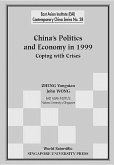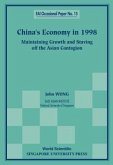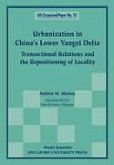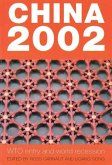The greatest success of Chinese enterprise reform has been the creation of market competition. Competition has forced the state to retreat from non-strategic sectors and increased private ownership in the industry. This development has created ownership diversification in the Chinese industry, which is in line with the leadership's 2-R ("Retreat and Retain") enterprise reform policy. The ownership diversification is a distinction of the reformed economy, called "a socialist economy with Chinese characteristics". The backbone of the economy is the large state firms in strategic sectors, largely shielded from international competition, in which most of them have been coping well with the domestically competitive environment. After China's entry to the WTO, can these firms still maintain their market dominance once all forms of protection are dismantled? Are Chinese firms ready for direct competition with their foreign rivals in the manufacturing sector? Will FAW, China's No. 1 state-owned automotive corporation, be defeated on its home ground by its foreign rivals in a freely accessed market? The core of these questions is about the sustainability of diversified ownership in the economy after it is integrated with the world trading system. Who will dominate the Chinese industry after the WTO entry: foreign or private ownership? The question is addressed by applying the market structure and entry theory of industrial economics, since WTO accession will basically result in change in both the market type and the market structure of the industry. Based on this, the study developed the market share testing theory to assess the competitiveness of dominant incumbents according to the type of market. The overall finding is that most large state incumbents will survive but their survival strategy will be changed from single ownership control to mixed ownership control. Thus, it is expected that more joint ventures between foreign and large state-owned firms will emerge in the post-WTO-entry economy. But whether such firms will evolve into foreign-controlled state-owned firms is an interesting question which remains to be answered.
Hinweis: Dieser Artikel kann nur an eine deutsche Lieferadresse ausgeliefert werden.
Hinweis: Dieser Artikel kann nur an eine deutsche Lieferadresse ausgeliefert werden.








